Assistant Principal Report
Deanne Scott & Spira Antonopoulos
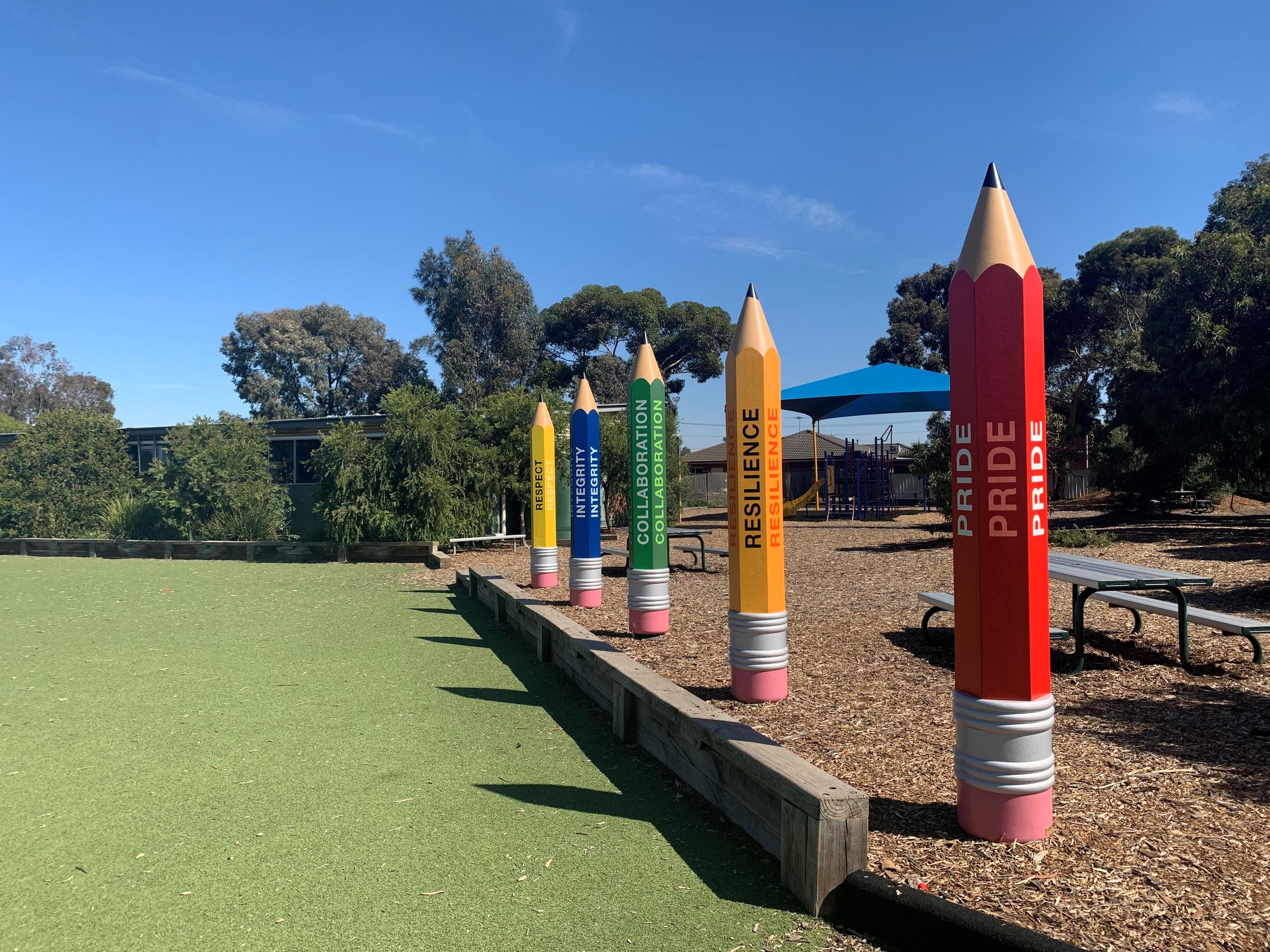
Assistant Principal Report
Deanne Scott & Spira Antonopoulos
Emergency Drill
At some time during the next two weeks, we will be having an emergency drill. We have four main drills that we practise, to enable us to be prepared for various possible emergencies. They are:
To make the situation a little more realistic, staff won’t know which drill we will be practicing until it happens. So should your child come home talking about one of the drills, you will have a little information to discuss this with them.
Pride and Integrity Raffle
Arriving late to school can have a huge impact on your learning, especially if it happens often. Even arriving 5 minutes late every day adds up to 3 days of learning missed over the year! Arriving 30 minutes late every is the same as missing 18 days learning opportunities over the year. We encourage students to be at school on time.
In recognition of the students who are attending school on time, we have the Pride and Integrity raffle. This is to acknowledge the students demonstrating Pride and Integrity by being ready to learn each day.
Every student who is at school, and in their classroom, before the bell (9am) will have their name added to the class attendance box. So, if they are present every day of the week, on time, they will have 5 entries into the raffle.
Their class teacher will draw one name from the class box on Friday morning, just after 9am. This person will then go into the whole school draw (this means one student from every class will be in the whole school draw) to be drawn at assembly that afternoon.
The class winners for Week 6 were:
FA – Zoe, FB – Saanjh, 1/2A – Joseph, 1/2B – Lukas, 1/2C – Adelynn, 1/2E – Kaiden, 3A – Janice, 3B – Thao, 3C – Bhagwant, 4B – Edward, 4C – Caden, 5A – Aklas, 5B – Tiaana, 5C – Reina, 6A – Hamilton, 6B – Christopher, 6C - Aarav
2023 Term 4 Challenge of the Week
Week 7 Word Web Challenge
Students collaborating for Week 5’s Word Web Challenge for Technology earnt a Caught You Doing Right card each.
The students were:
Emily FB & Andrew 1/2D
Shanvi (& mum) 5A
This week’s topic for the challenge is Celebration.
You need to find as many words as possible related to the topic/word in the centre of the web. You can continue the web as much as you can.
I will have an example of Word Web for people to view, just outside of the office, to help explain how to do.
You must collaborate with at least one other person (a friend, parent, classmate, etc) and no more than 3 other people. If you do not collaborate, you will not receive a Caught You Doing Right card for Collaboration.
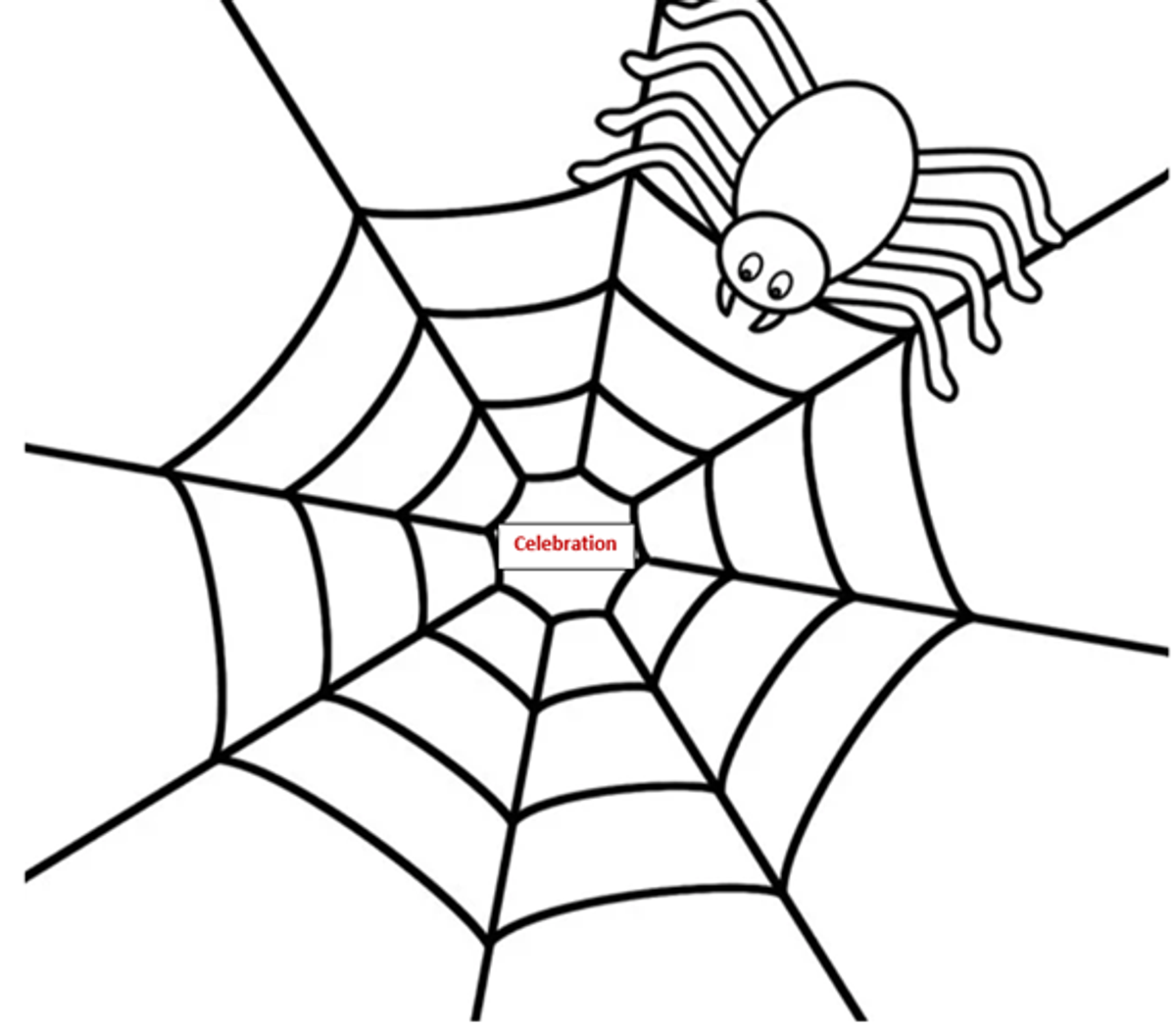

Thank you,
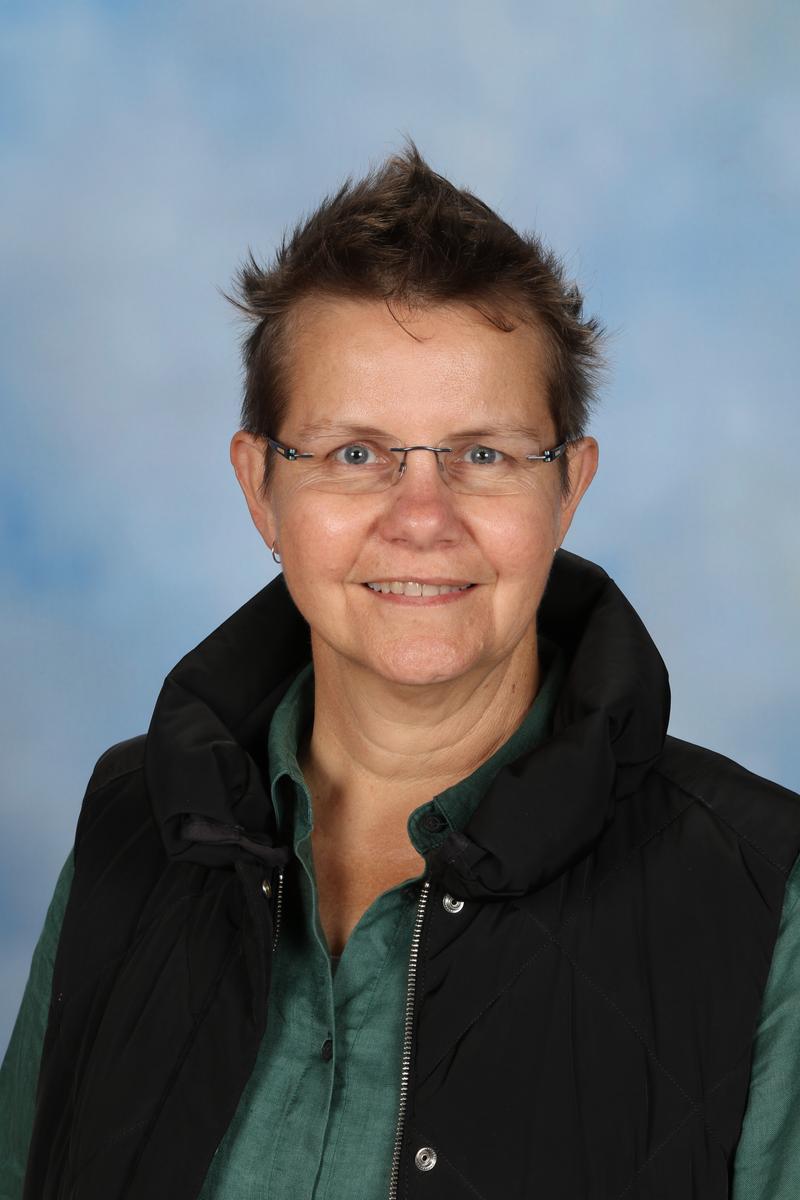

Deanne Scott
Assistant Principal
NUMERACY IN THE EARLY YEARS for families at DPW
Numeracy is more than numbers. For example, numeracy helps us:
Numeracy is necessary for everyday living. From daily activities like telling the time, cooking and setting the table to more difficult tasks such as understanding mobile phone plans, planning a trip, reading a map and understanding timetables.
However, research states that one of the biggest barriers to this is parents’ lack of confidence in leading Maths education at home.
Through international research, type of activities that are important for early Maths learning which are easy for parents to use have been identified.
These include:
Useful Maths websites for home
https://www.lovemaths.me/gamesy-at-home/
https://numeracyguidedet.global2.vic.edu.au/
A great collection of Maths games that are fun and filled with rich learning opportunities. Short and easy videos that explain each of the games. Minimal resources required.
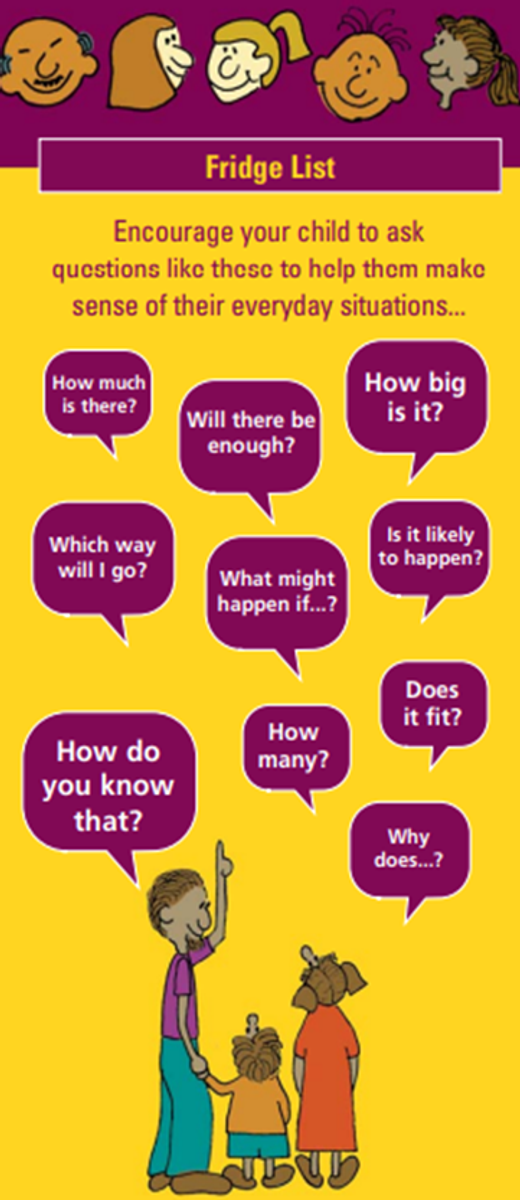
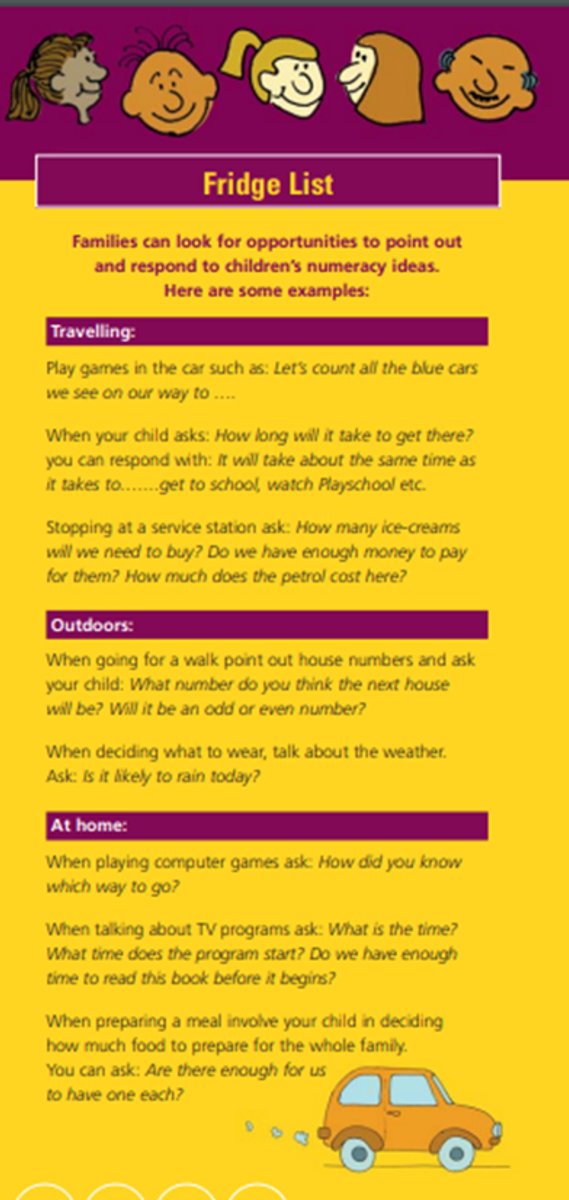




Spira Antonopoulos
Acting Assistant Principal